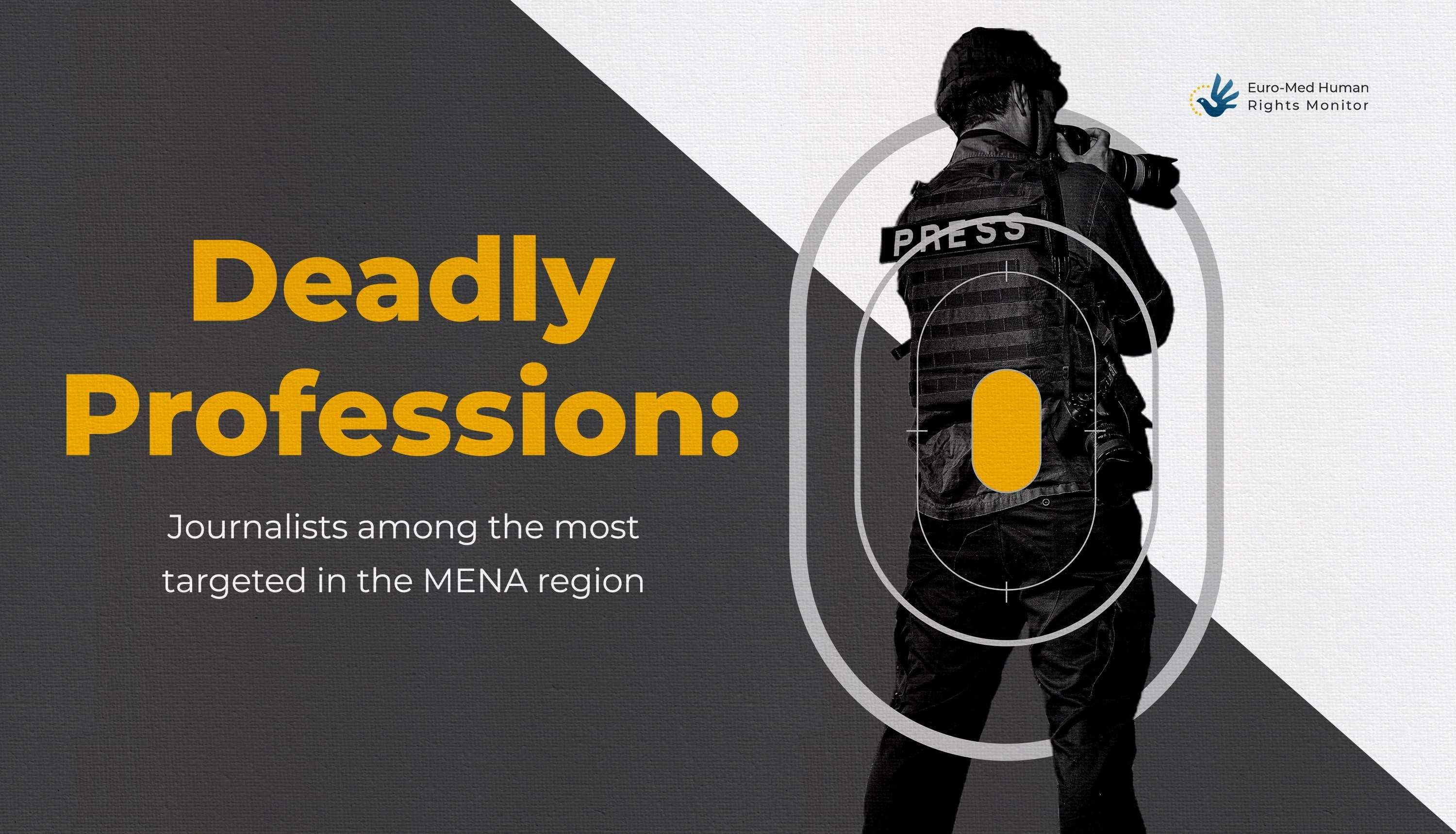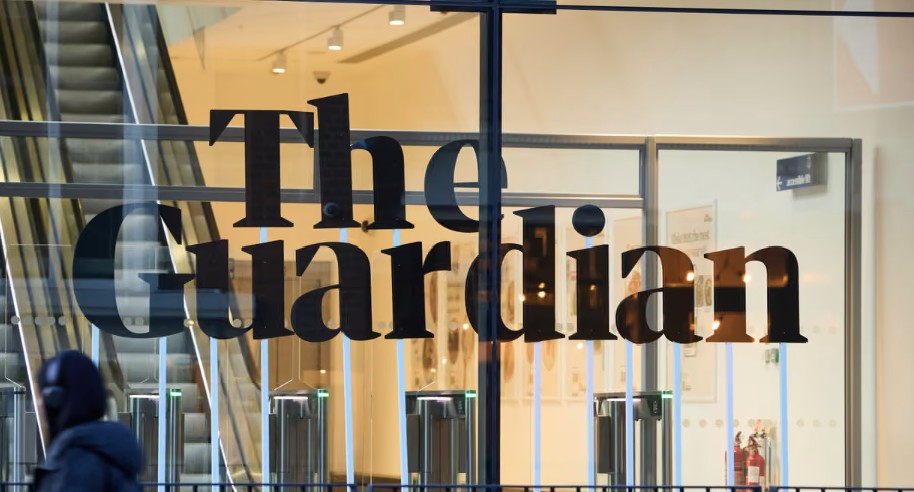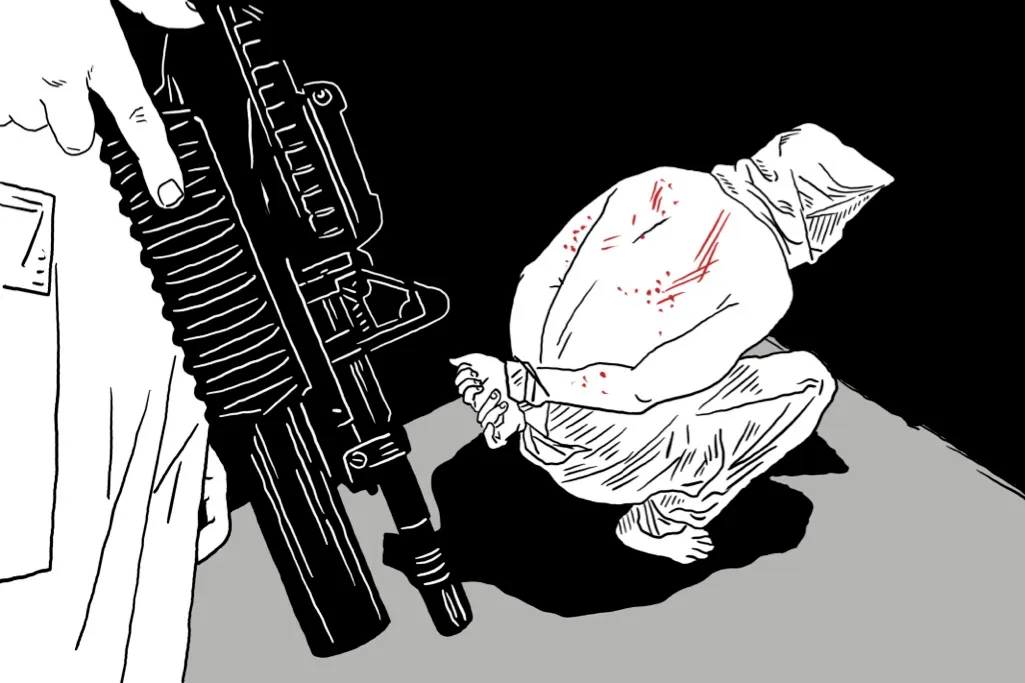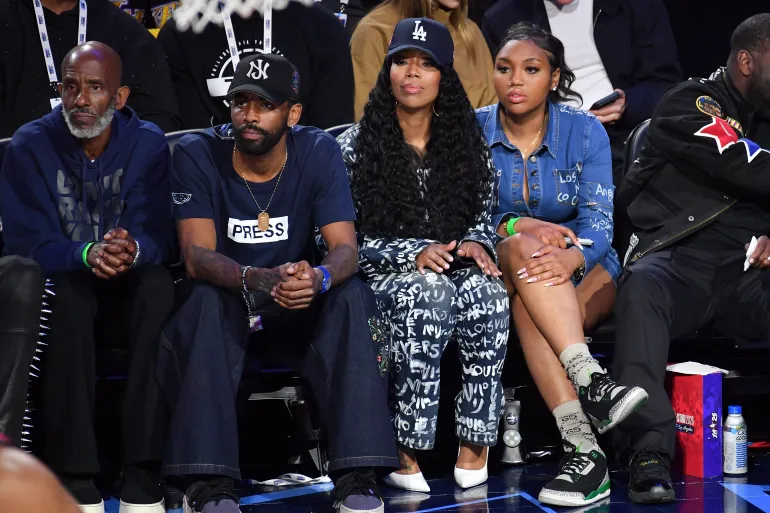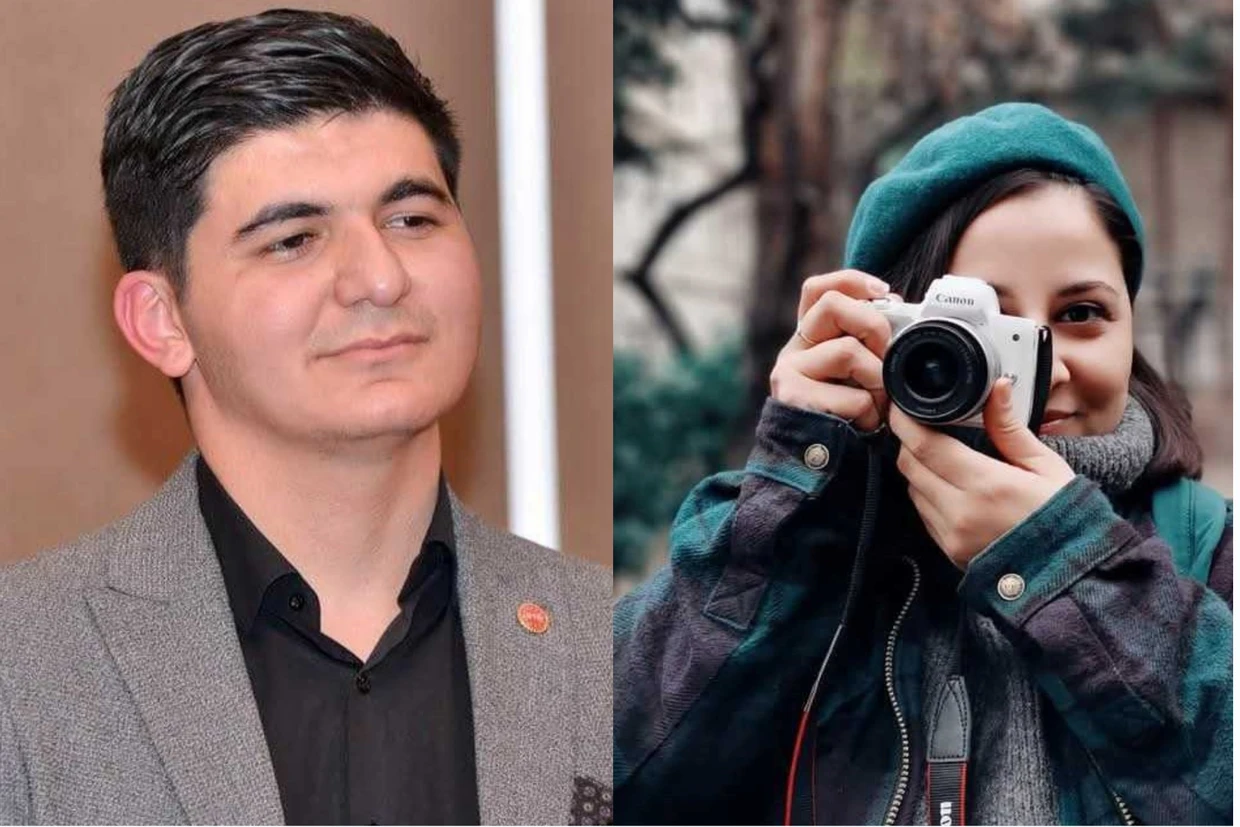
Azerbaijan’s Media Crackdown Intensifies with Two More Journalists Arrested
May 7, 2025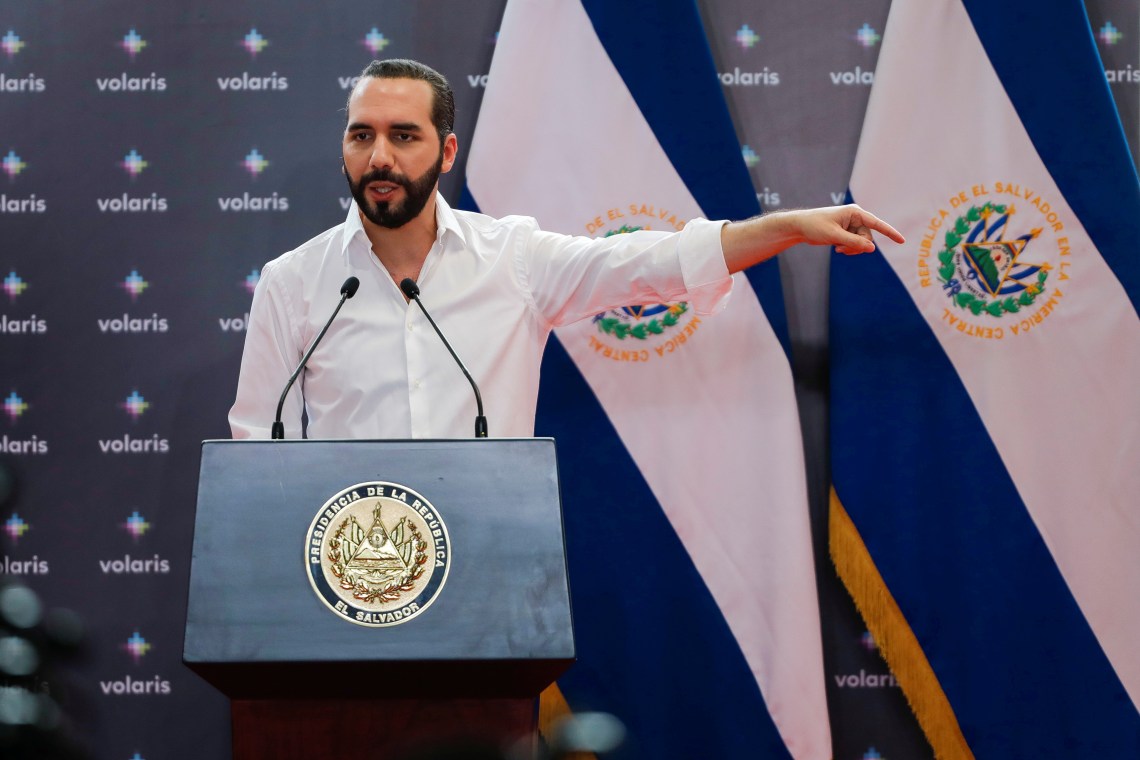
El Salvador’s Crackdown on El Faro Journalists Sparks Press Freedom Concerns
May 7, 2025May 07, 2025 – General –
Journalists operating in conflict zones face escalating threats, with both state and non-state actors undermining their safety and freedom. Despite international laws designed to protect them, the reality on the ground often tells a different story.
International humanitarian law (IHL) classifies journalists as civilians, granting them protection during armed conflicts. However, this distinction is frequently ignored, leading to attacks, censorship, and intimidation. The World Association for Christian Communication (WACC) emphasizes that the erosion of press freedom in war zones not only endangers journalists but also deprives societies of critical information, hindering democratic processes and accountability.
The United Nations High Commissioner for Human Rights has highlighted the indispensable role of journalists in promoting transparency and accountability. Calls have been made for global leaders to create environments where media professionals can work without fear, ensuring that their mission to inform the public is respected and protected.
In Turkey, the situation is particularly dire. Post-2016 coup attempts have seen a surge in journalist arrests under broad anti-terrorism laws. Many media workers are detained not for their actions but for their affiliations or criticisms of the government. International bodies have been criticized for their limited response, often failing to provide adequate support or intervention.
The global community faces a pressing challenge: to uphold the principles of free expression and protect those who risk their lives to report the truth. Without concerted efforts, the silencing of journalists will continue, leaving societies in the dark and democracy weakened.
Reference –
Freedom of expression, and the protection of journalists in conflict situations

